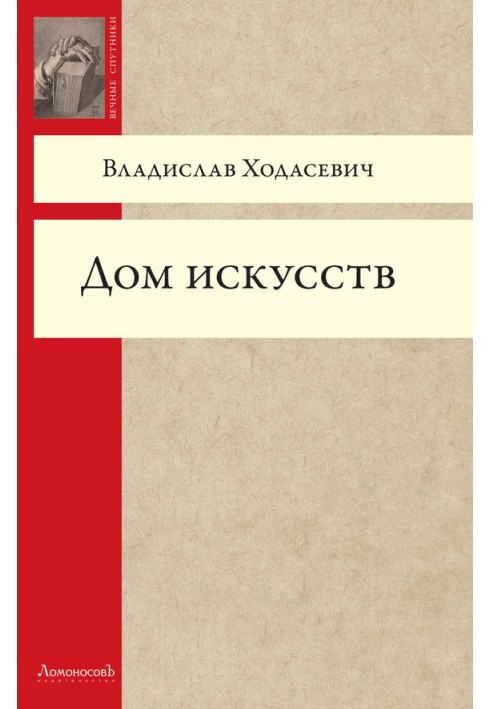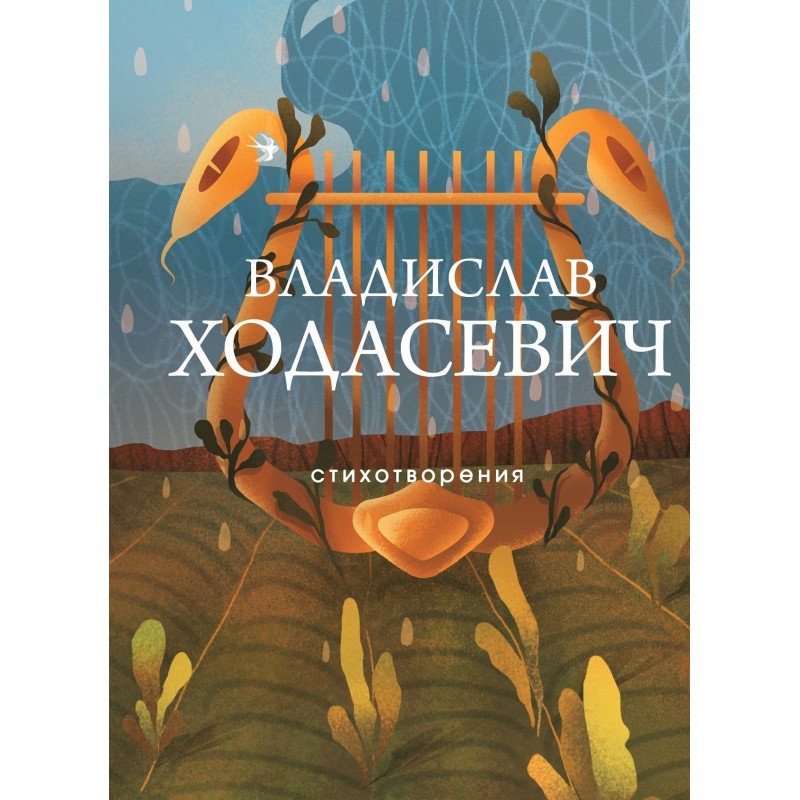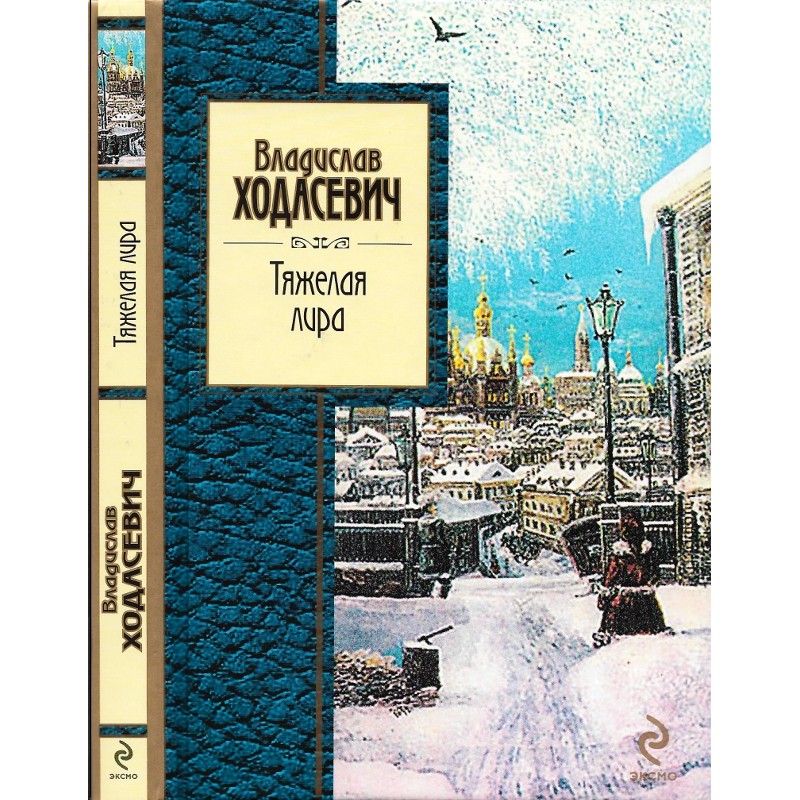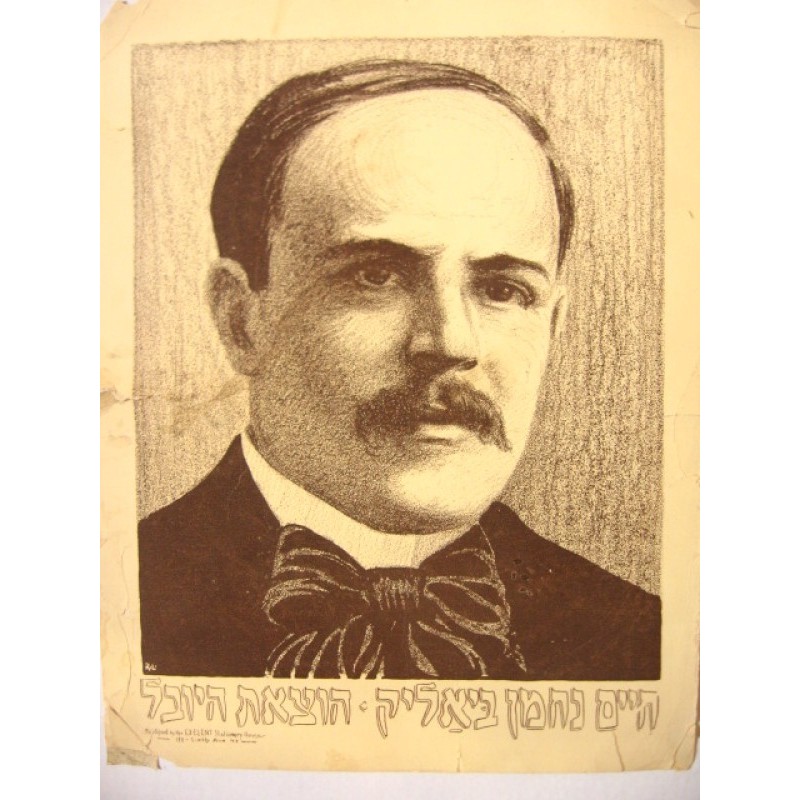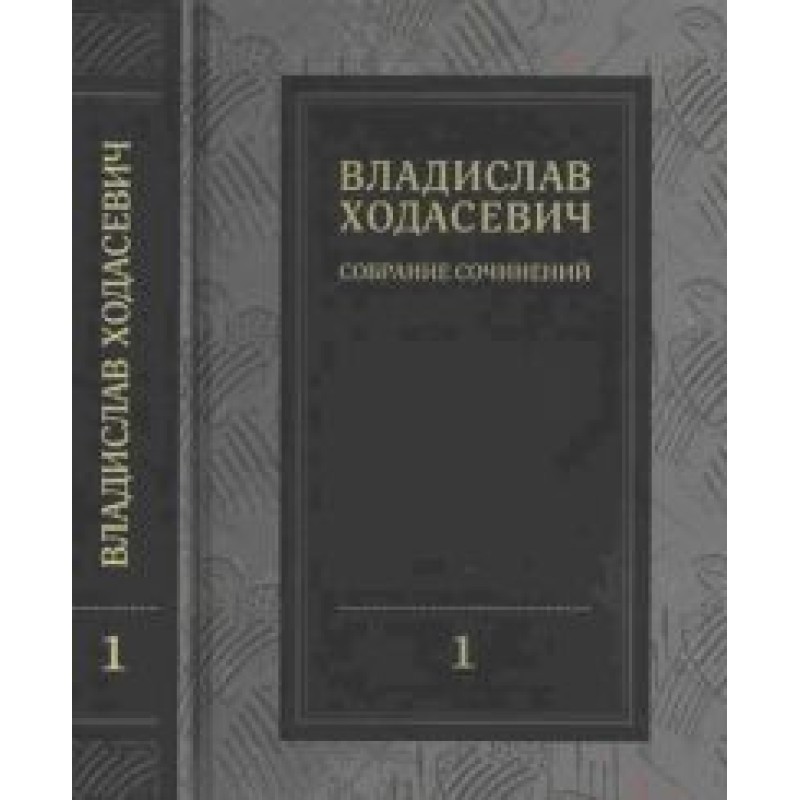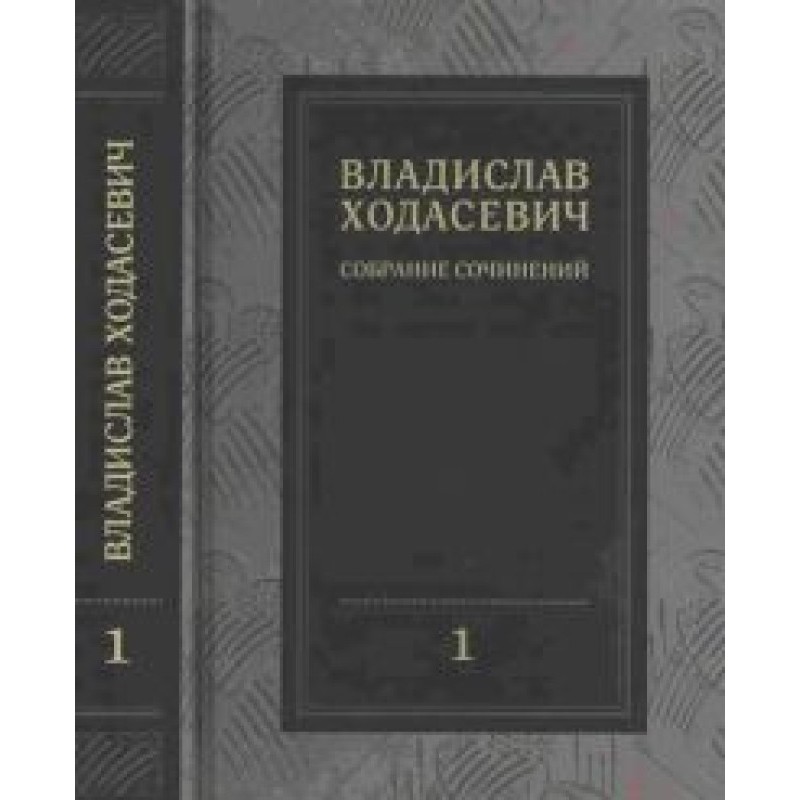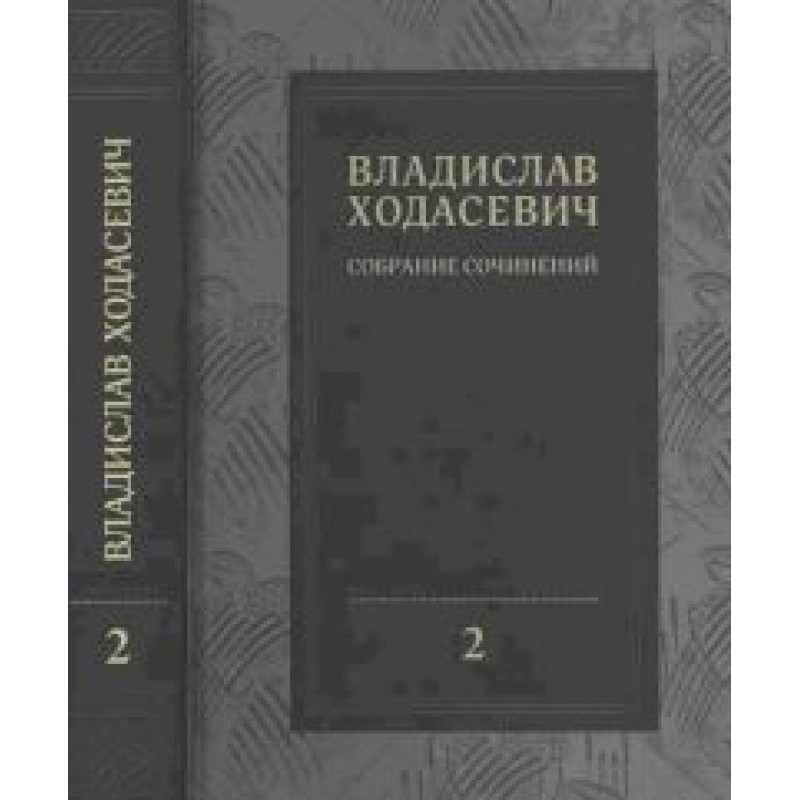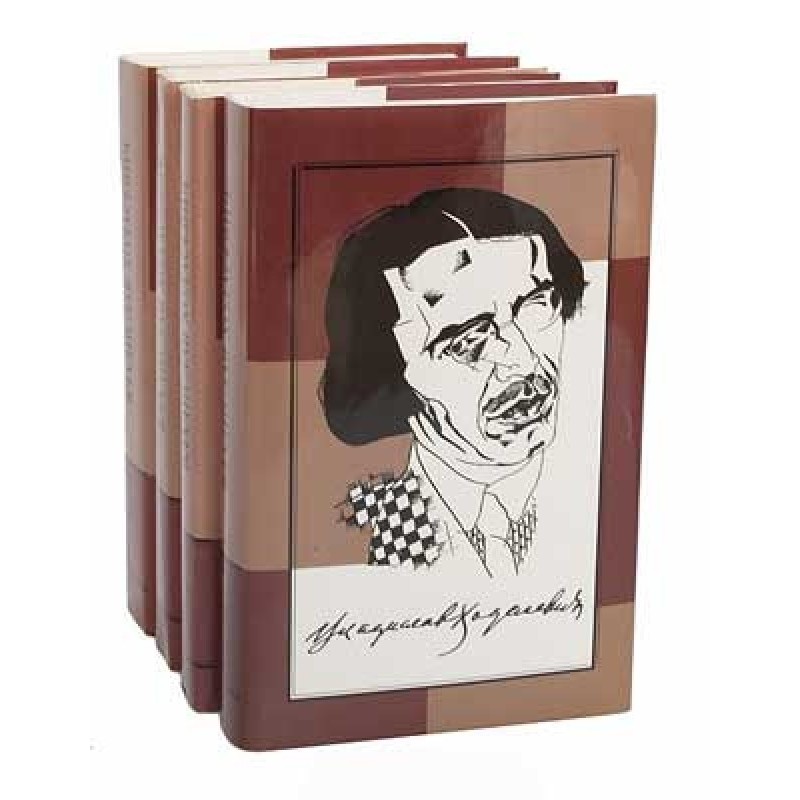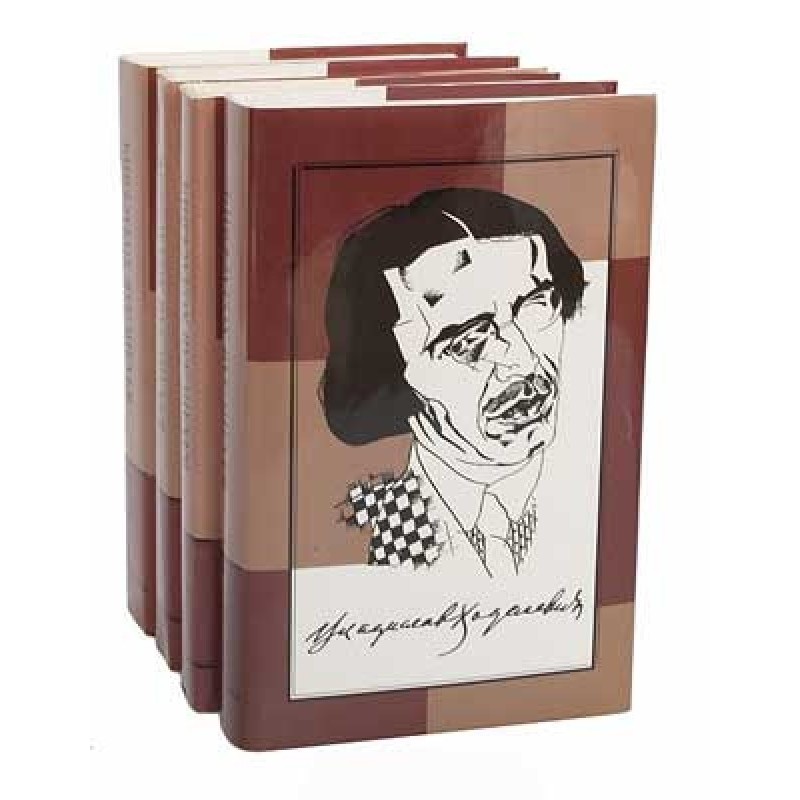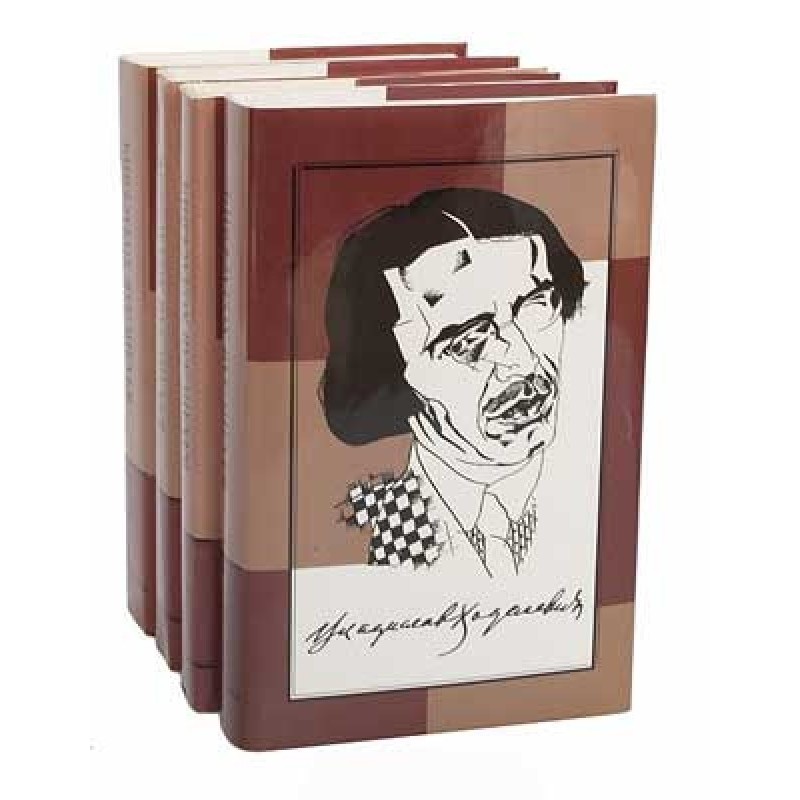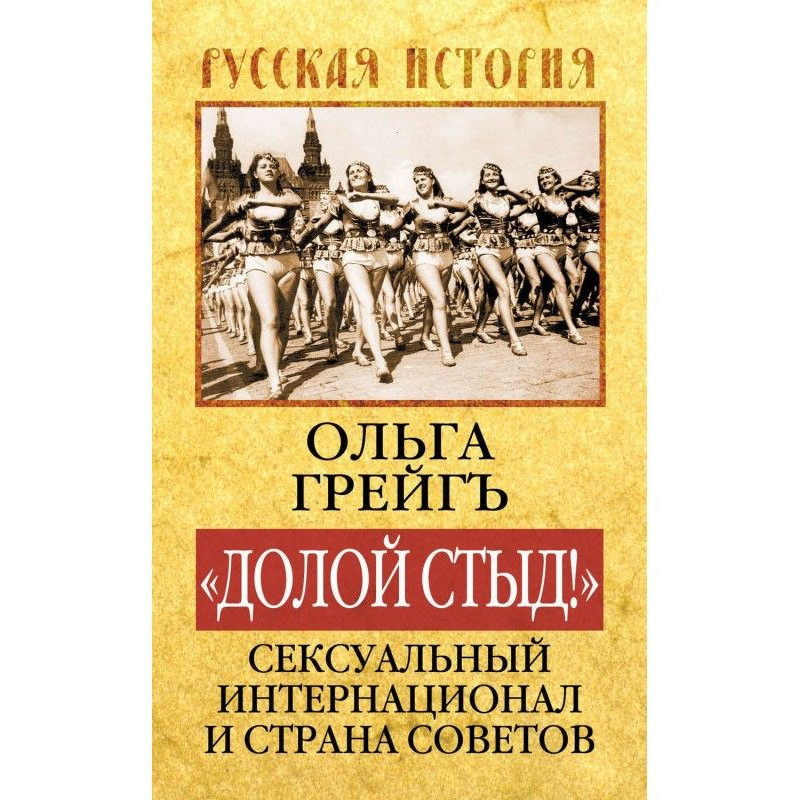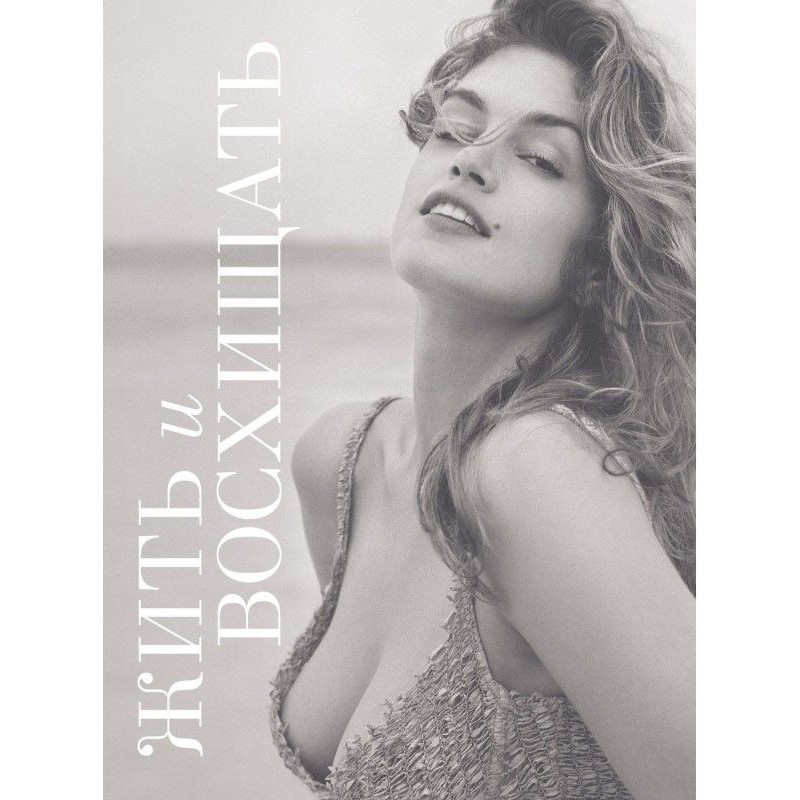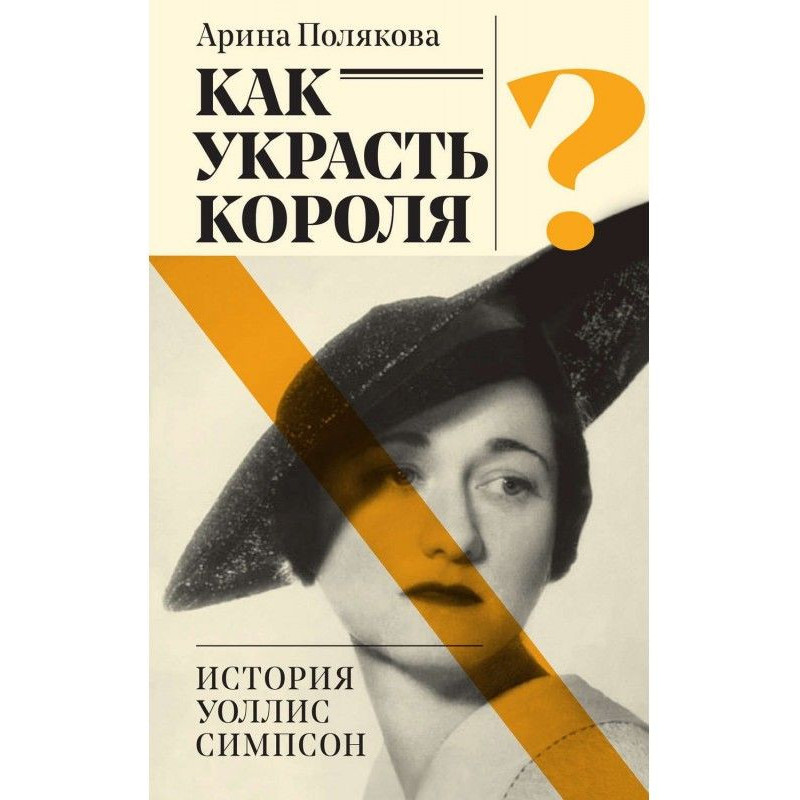House of Arts
 Instant download
Instant download
after payment (24/7)
 Wide range of formats
Wide range of formats
(for all gadgets)
 Full book
Full book
(including for Apple and Android)
Vladislav Khodasevich (1886–1939) is a special figure in Russian literature. During his lifetime, he did not take his rightful place in Russian poetry, for he was, in the words of Nina Berberova, “a poet without his generation.” And although over time it became clear that Khodasevich was a strong link in the tradition originating from Pushkin, “poetic loneliness” left its mark on his talent and, perhaps, became one of the reasons that in the last decade of his life he did not write at all poems. But at the same time, Khodasevich became a leading literary critic of the Russian diaspora and in his memoirs spoke about his era in a way that no one else could. And so we see how hungry writers, the flower of Russian literature, sort through pieces of paper in the Bolshevik offices for the sake of rations, how Akhmatova, who suddenly received half a pound of herring, tries to sell it on the market, how she is in doubt whether or not to return to Russia, Gorky, as one from the muses of the Silver Age, Marietta Shaginyan intrigues in order to evict the widow of the just executed Gumilyov from the House of Arts and move her relatives into her rooms... Recognizing only the truth, striving for documentary accuracy and at the same time a brilliant stylist, subtle, ironic in many ways - such Khodasevich appears in his memoirs.
Data sheet
- Name of the Author
- Владислав Ходасевич Фелицианович
- Language
- Ukrainian
- Release date
- 2015
Reviews
Вражаюча подорож у світ російської літератури!
Книга "Будинок мистецтв" є справжнім відкриттям для всіх, хто цікавиться історією російської поезії та літератури. Владислав Ходасевич, як автор, зумів зобразити епоху, в якій жив, з усіма її складнощами, радощами та трагедіями. Його спогади про голодних письменників, які намагаються вижити в умовах політичних репресій, а також про видатних особистостей, таких як Ахматова та Горький, створюють яскраву картину того часу. Ходасевич, будучи "поетом без свого покоління", вміло поєднує документальну точність з іронічним стилем, що робить його розповіді живими та емоційними. Хоча переклад тексту може містити деякі неточності, це не зменшує цінності самого змісту. Рекомендую цю книгу всім, хто хоче глибше зрозуміти російську літературу та її контекст!

